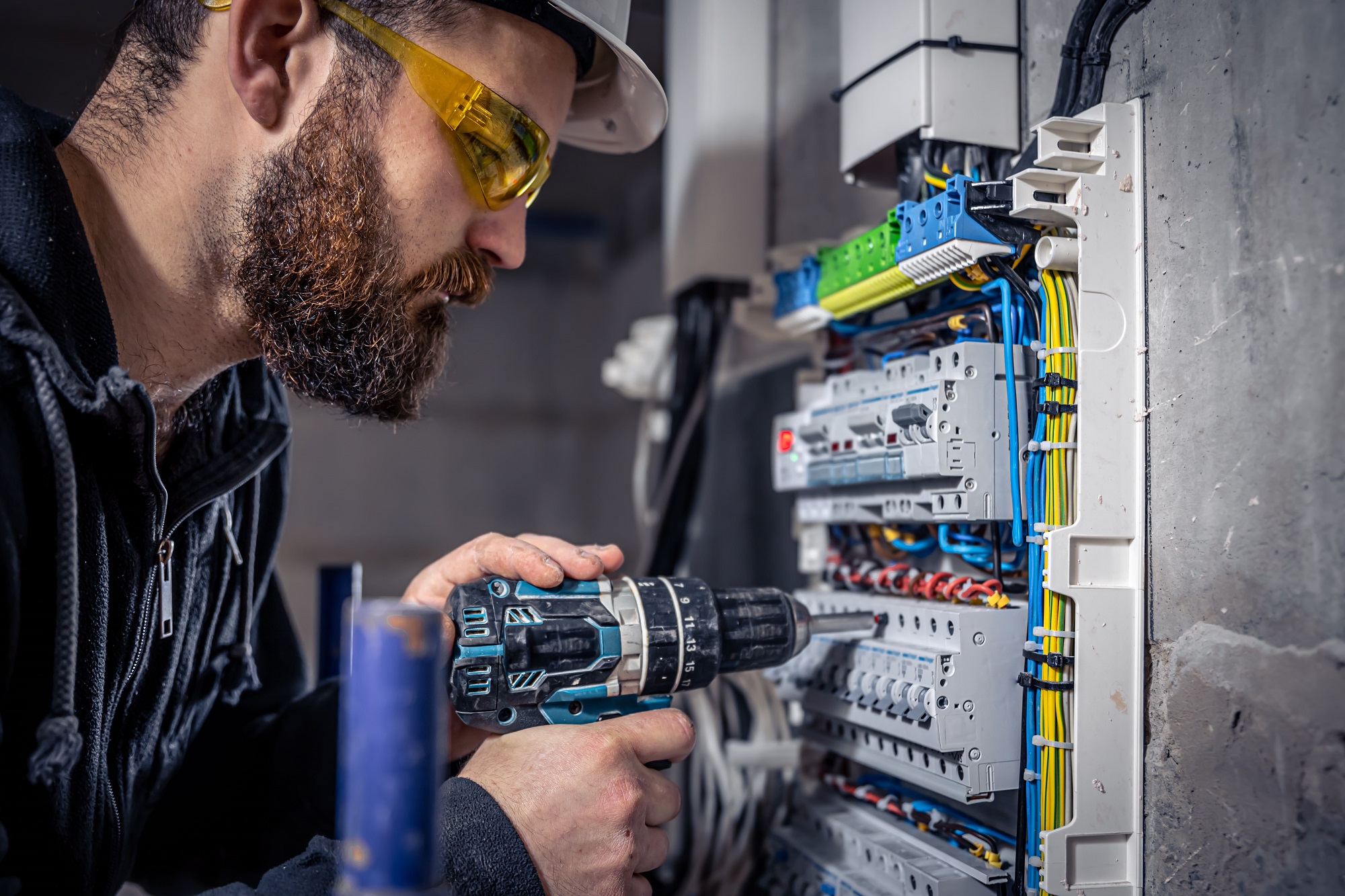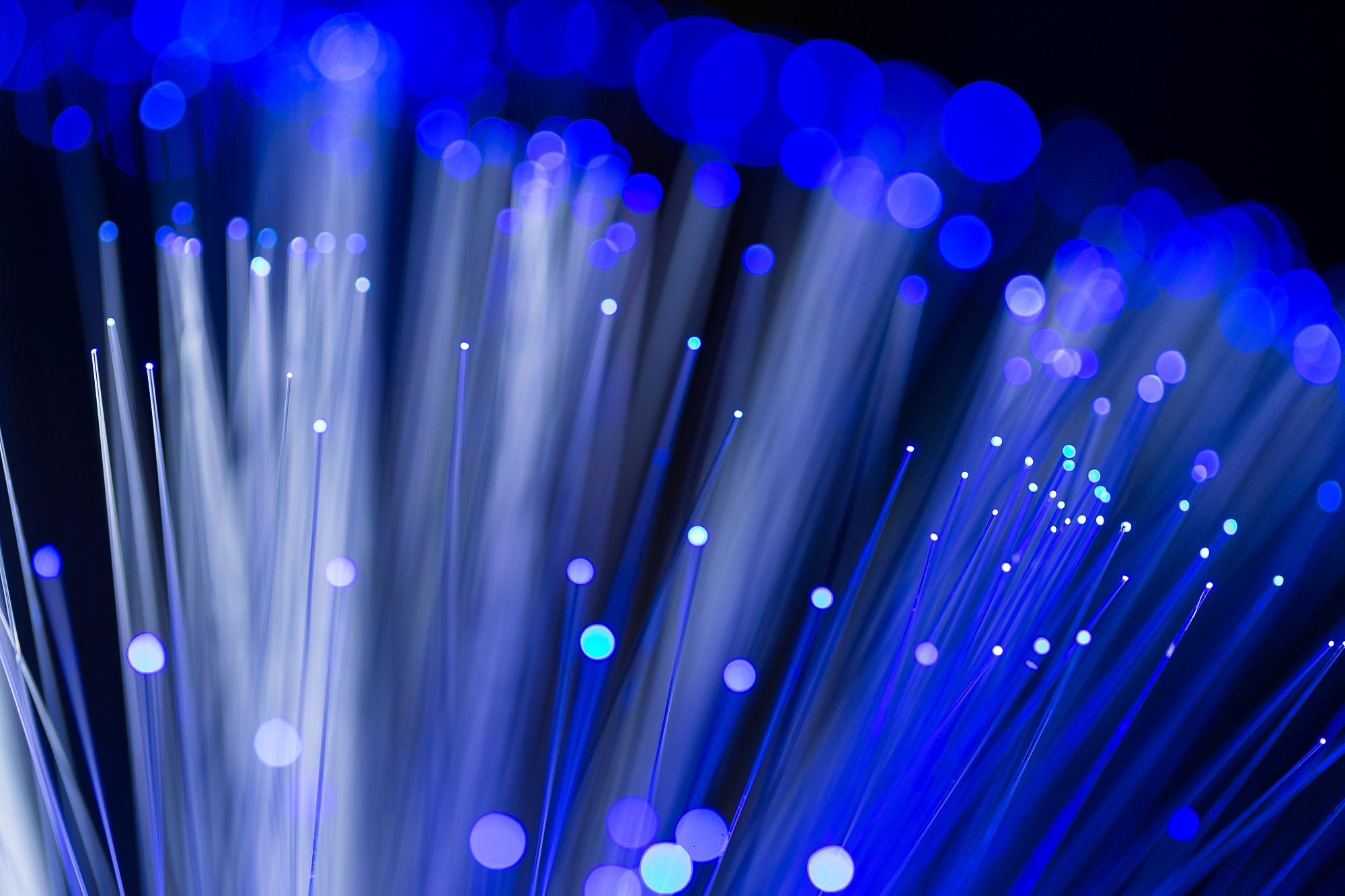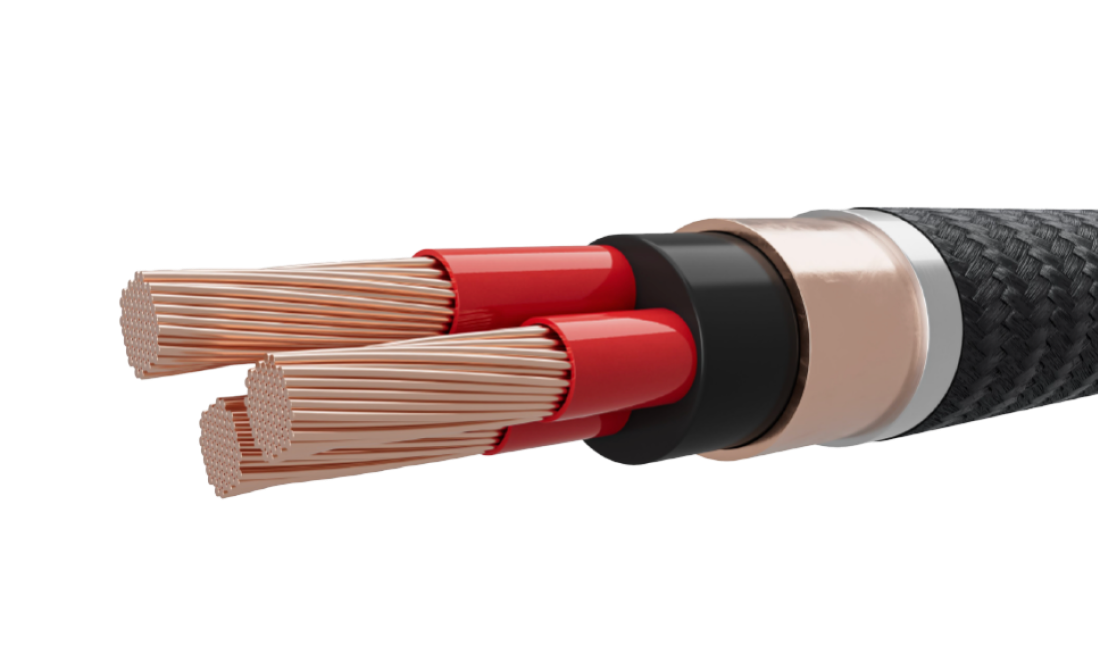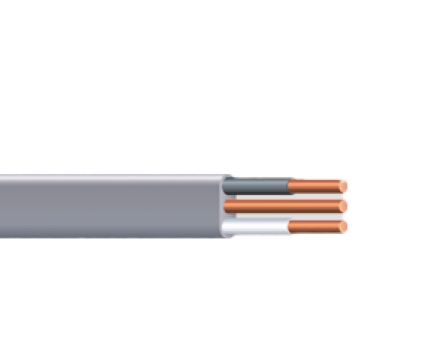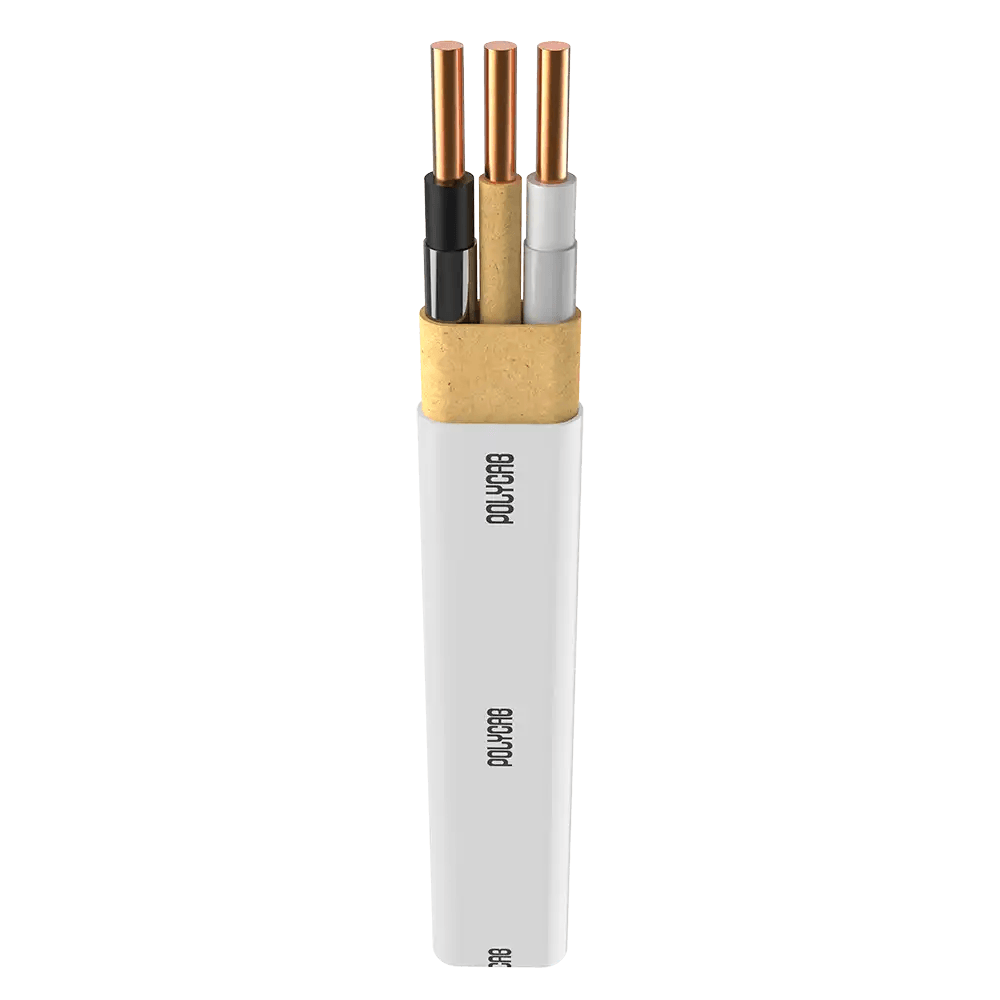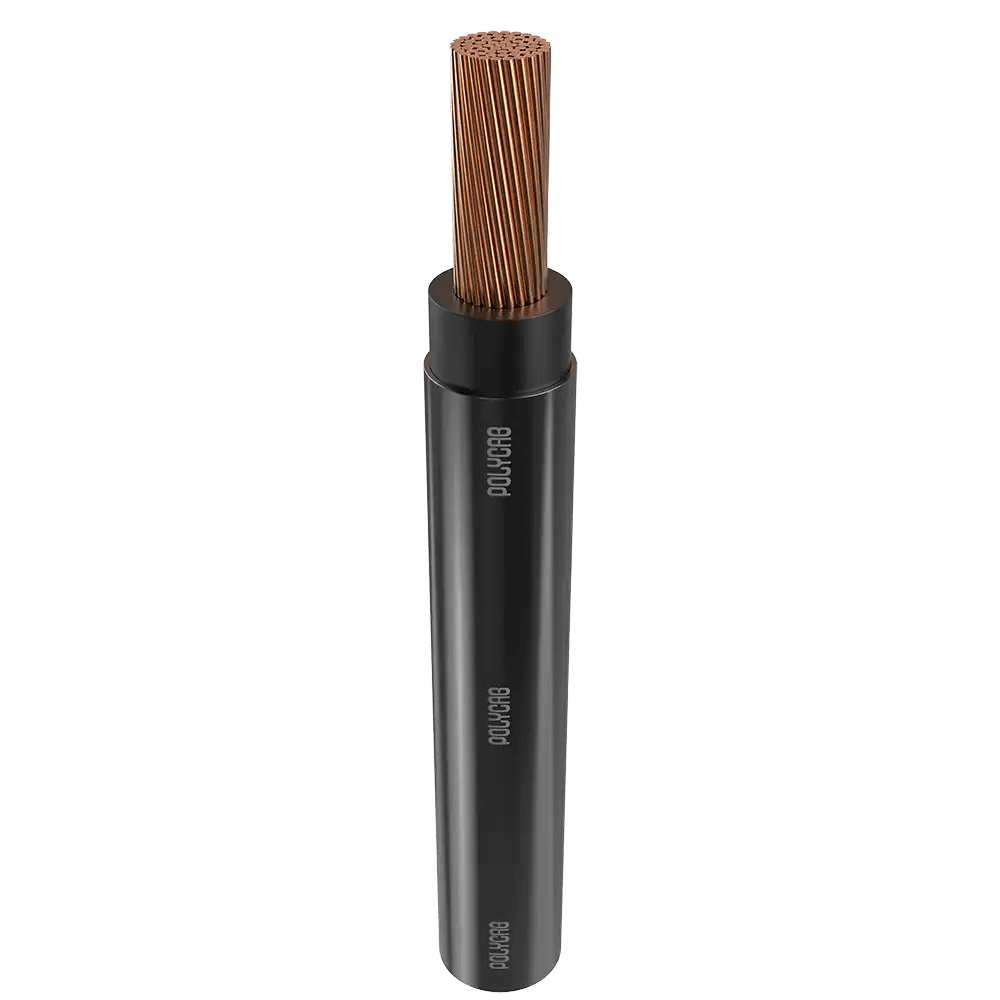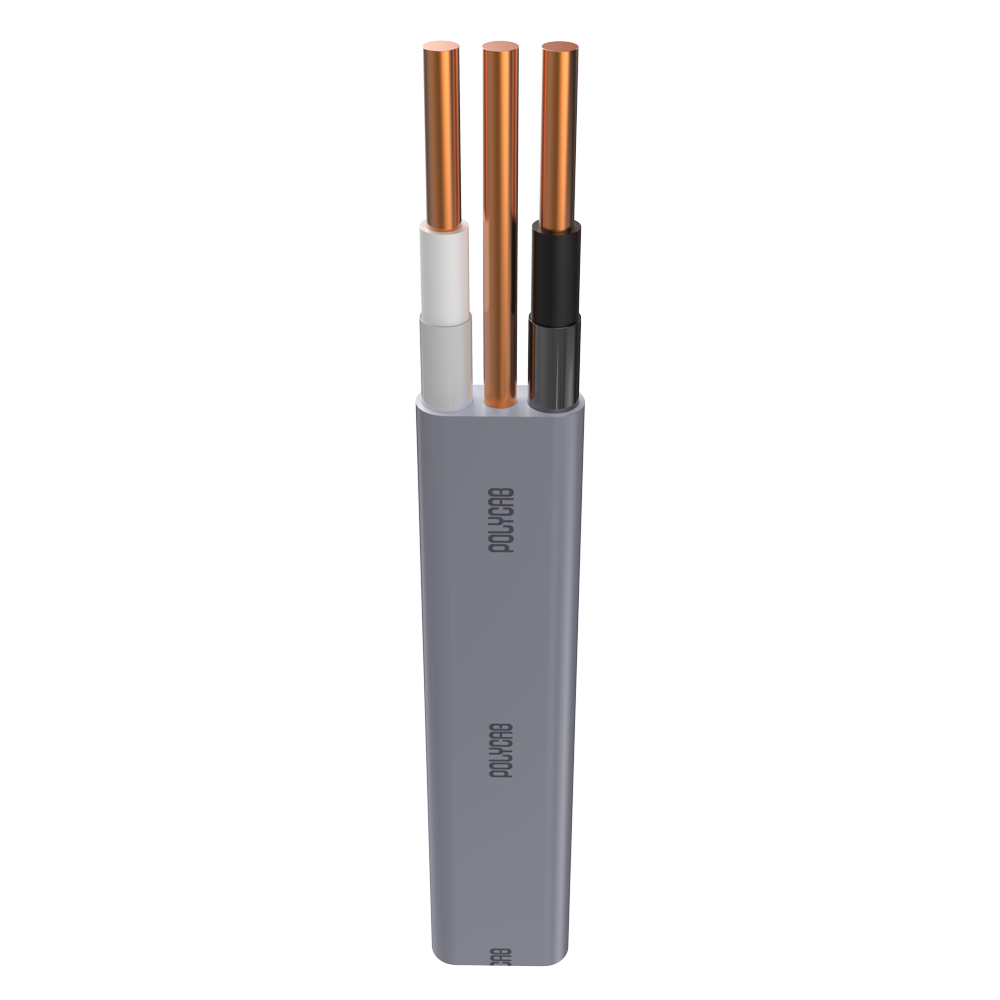Discover WirePoint, your connection to quality wires and cables.
In a world where material shortages challenge the manufacturing industry, WirePoint has evolved to fill the manufacturing gap in the US infrastructure by ensuring a consistent supply of wire and cable materials.
As your reliable solution for any type of construction project, we have closed the gap, offering technically advanced products, expert knowledge, and quicker lead times.
Are you ready to discover where this partnership could take you?
Complete Product Solution
Browse our comprehensive range of innovative, industry leading, energy efficient wires and cables for commercial and residential applications.
Customize to your specific requirements, including open or closed and confined spaces, from conductor size to insulation properties.
Where Expertise Meets Innovation
We don't just offer products; we provide customized solutions for you and your business.
Our business is built on long-lasting partnerships, where we work with you to understand the pain points of your business and provide solutions that go beyond temporary fixes. Our highly skilled team is on hand to assist you with your bespoke wire and cable specifications for industry or application specific requirements.
Experience firsthand the impact our commitment to quality, exceptional customer service, reliable delivery and evolving technologies could have on your business operations. Success is a shared journey, if you succeed then we do too.
Frequently Asked Questions
-
Medium Voltage Cable, commonly known as MV cable, is a type of power cable widely used in the commercial, industrial, and electrical utility sectors. These cables are designed to handle voltages ranging from 5 kV to 35 kV, although specific ratings can vary depending on manufacturers and industry standards. Among the most frequently used are MV-90 cable and MV-105 cable, rated for temperatures of up to 90°C and 105°C.
Medium Voltage Cables come in single and multi-conductor configurations, offering options for shielded and unshielded versions, which provide flexibility during installation. Two types of insulation levels are also available, 100% and 133%, which are tailored to handle voltage increases during system faults.
With various styles and constructions on offer, it’s essential that you understand the fundamentals of its design before making your choice.
-
Underwriters Laboratories (UL) is a North American multinational dedicated to product safety and certification. UL's evaluation process includes the inspection of production, documentation, certifications, testing methods, and material storage.
The majority of UL standards on the market can be divided into two types.
UL Listed Mark: This signifies products that have successfully passed safety and performance tests in line with UL standards. Typically, these are fully assembled products ready for installation.
UL Recognized Component: This category includes elements that will be integrated into a final product, often subject to slightly less stringent requirements than those in the first category.
-
THHN, which stands for Thermoplastic High Heat-Resistant Nylon, is a versatile building wire designed to resist abrasion, oil, and gasoline. Often used to carry electrical currents from various power sources in buildings, this single-conductor wire features either bare copper or aluminium conductors, available in stranded or solid configurations. This building wire is extremely popular due to its affordability and diverse uses.
-
TFFN Wire is another popular building wire, which stands for Thermoplastic Flexible Fixture Nylon. Similar to THHN wire, it boasts PVC insulation and a durable nylon jacket, however you need to make sure that this type of wire is not used in wet environments. TFFN is classified as a fixture wire but is also suitable for the same applications you would use THHN wire for. It features a solid conductor instead of stranded, which is why it doesn't have the second "F" for flexible.
-
The key difference between TFFN and THHN is their ratings. THHN wire is versatile, suitable for both dry and wet locations, while TFFN wire is specifically designed for dry environments. Both are compatible with conduit and other approved raceways, but TFFN, classified as a fixture wire, comes with certain restrictions regarding raceway usage to prevent insulation damage. It’s also good to note that while TFFN wire is more flexible, THHN offers better heat resistance in wet locations.
Inside Wirepoint
